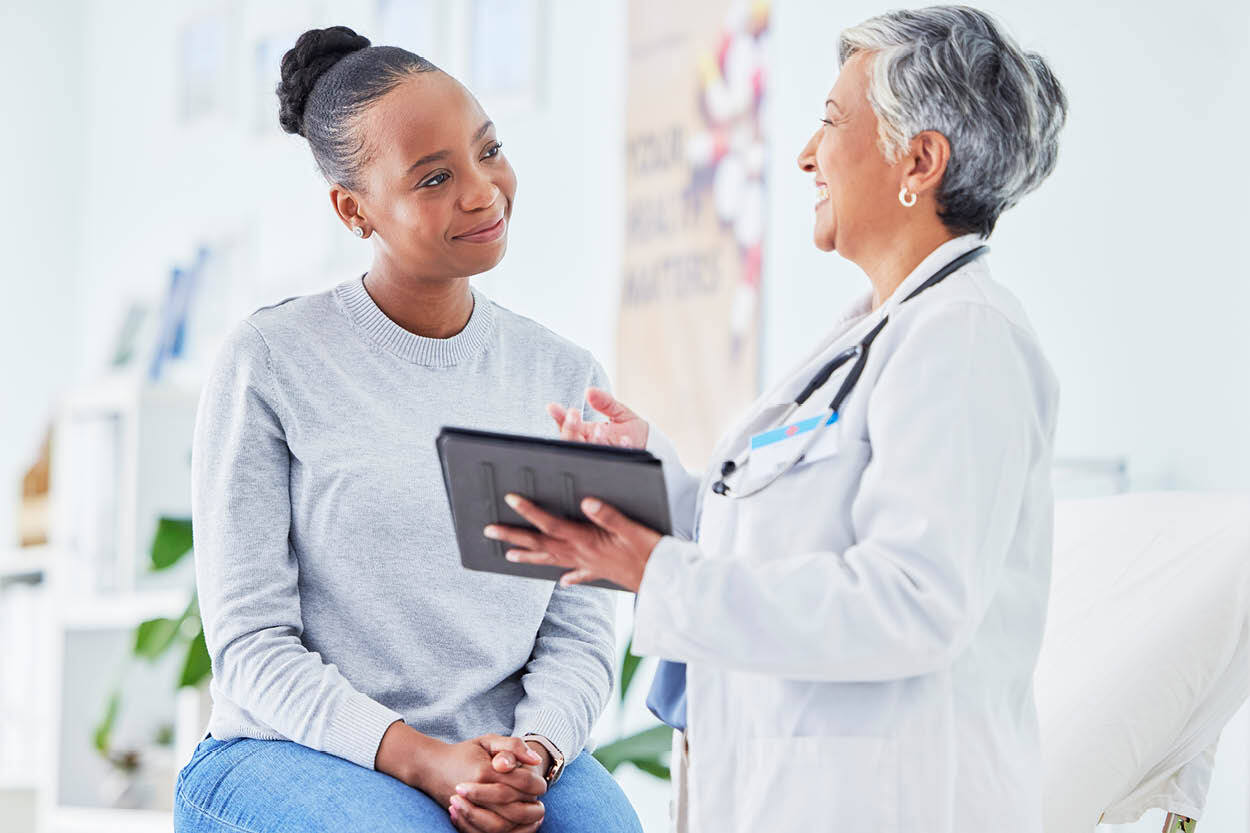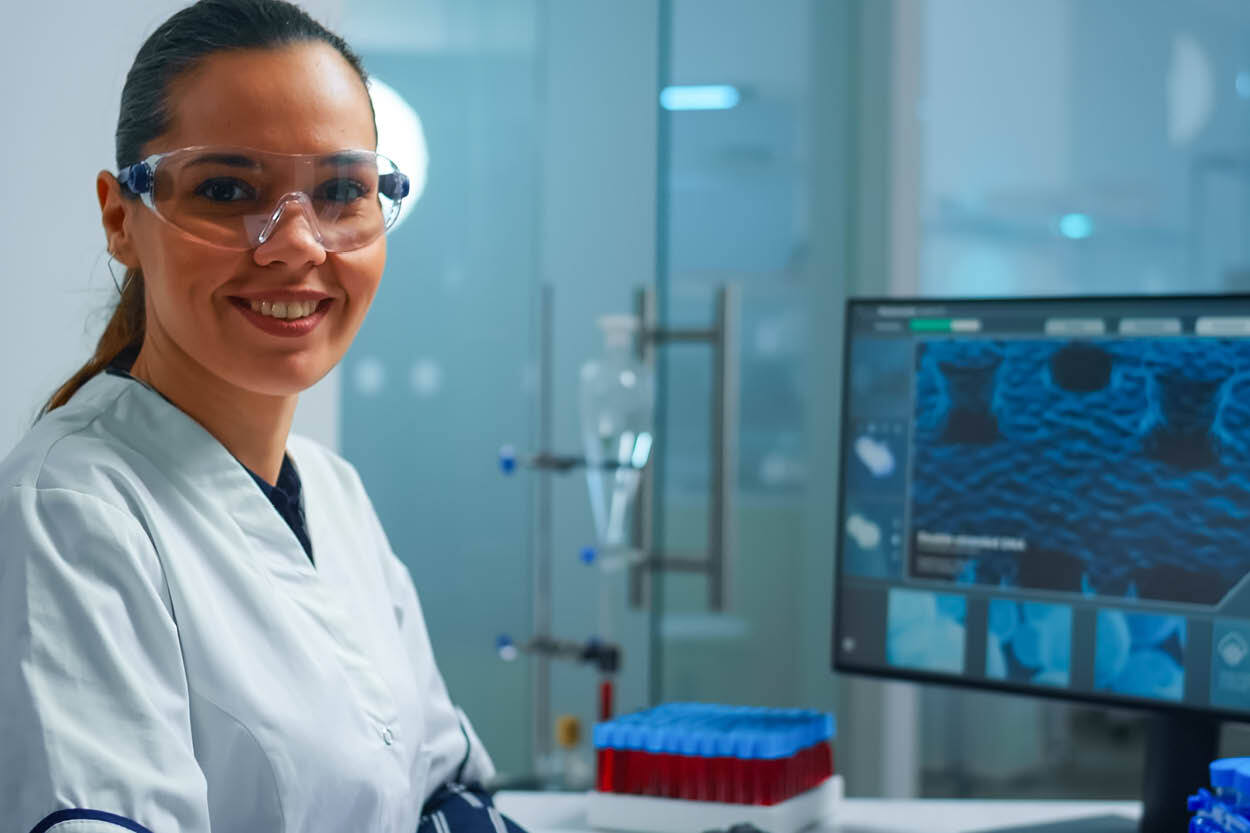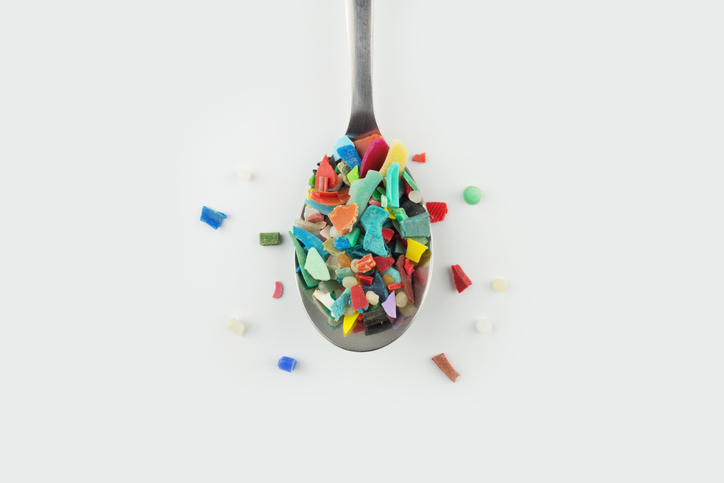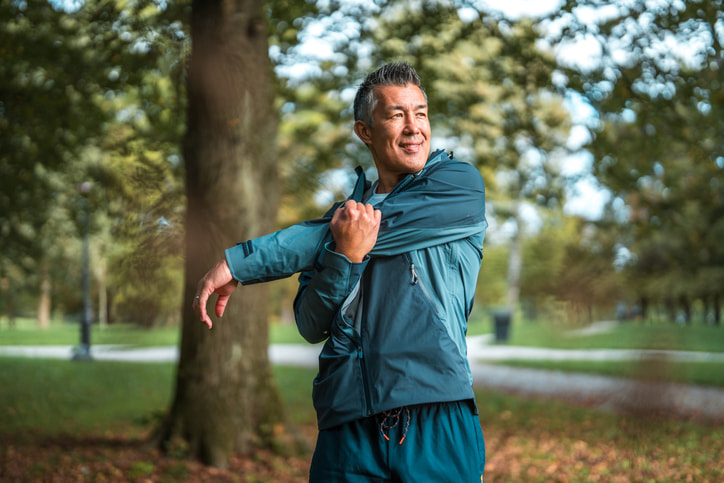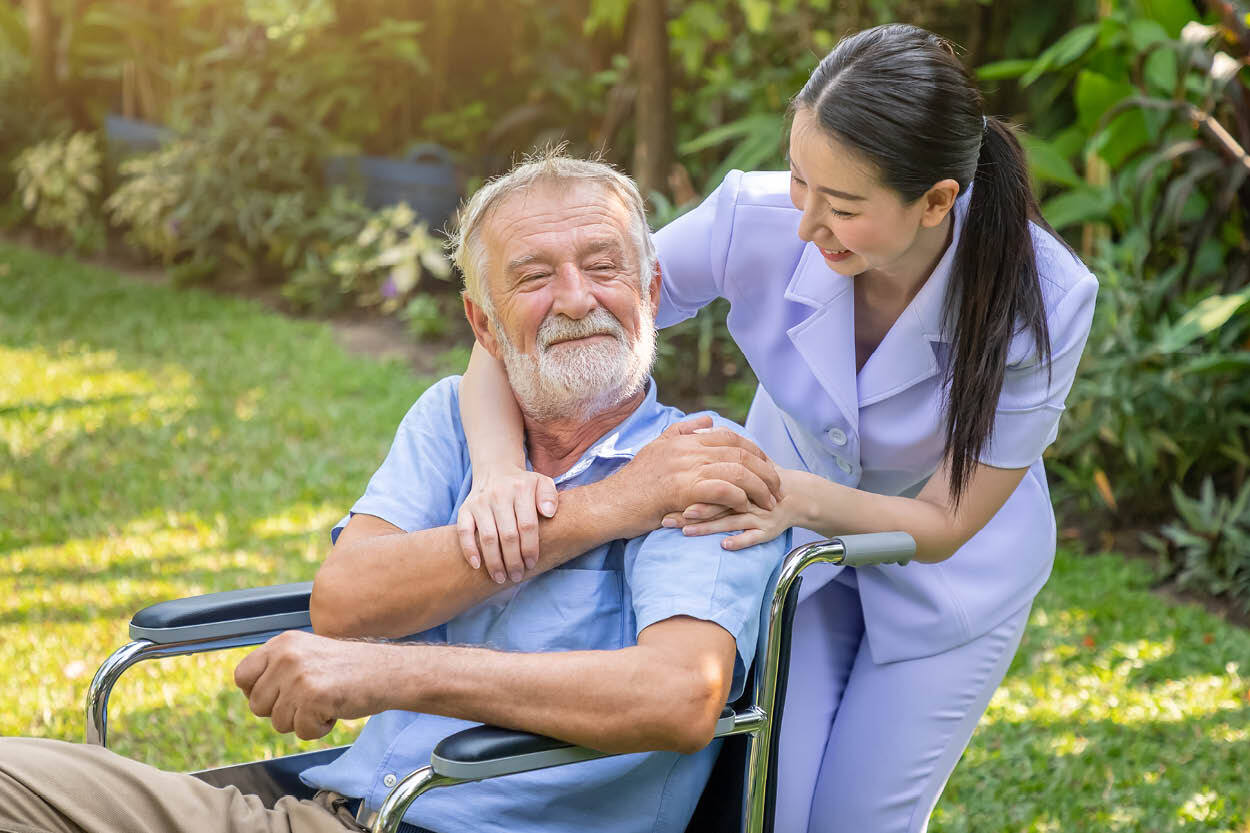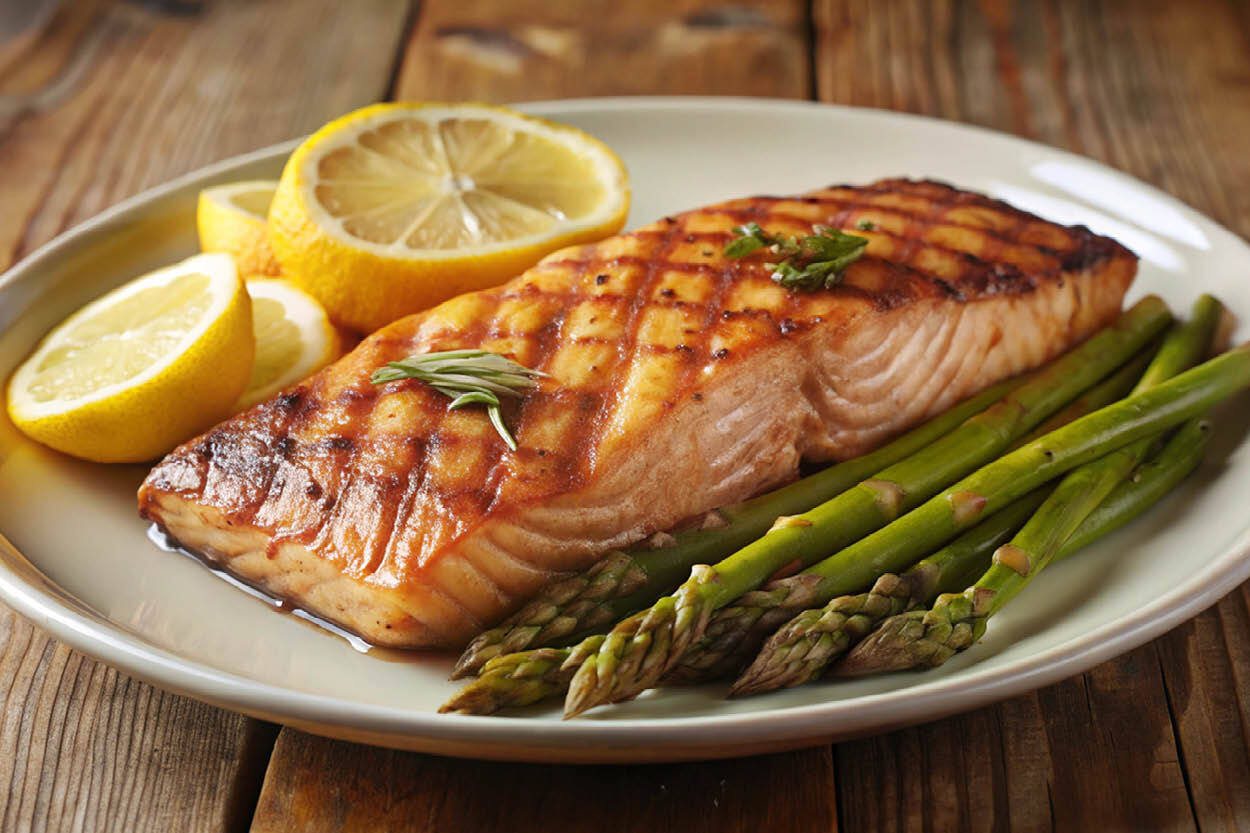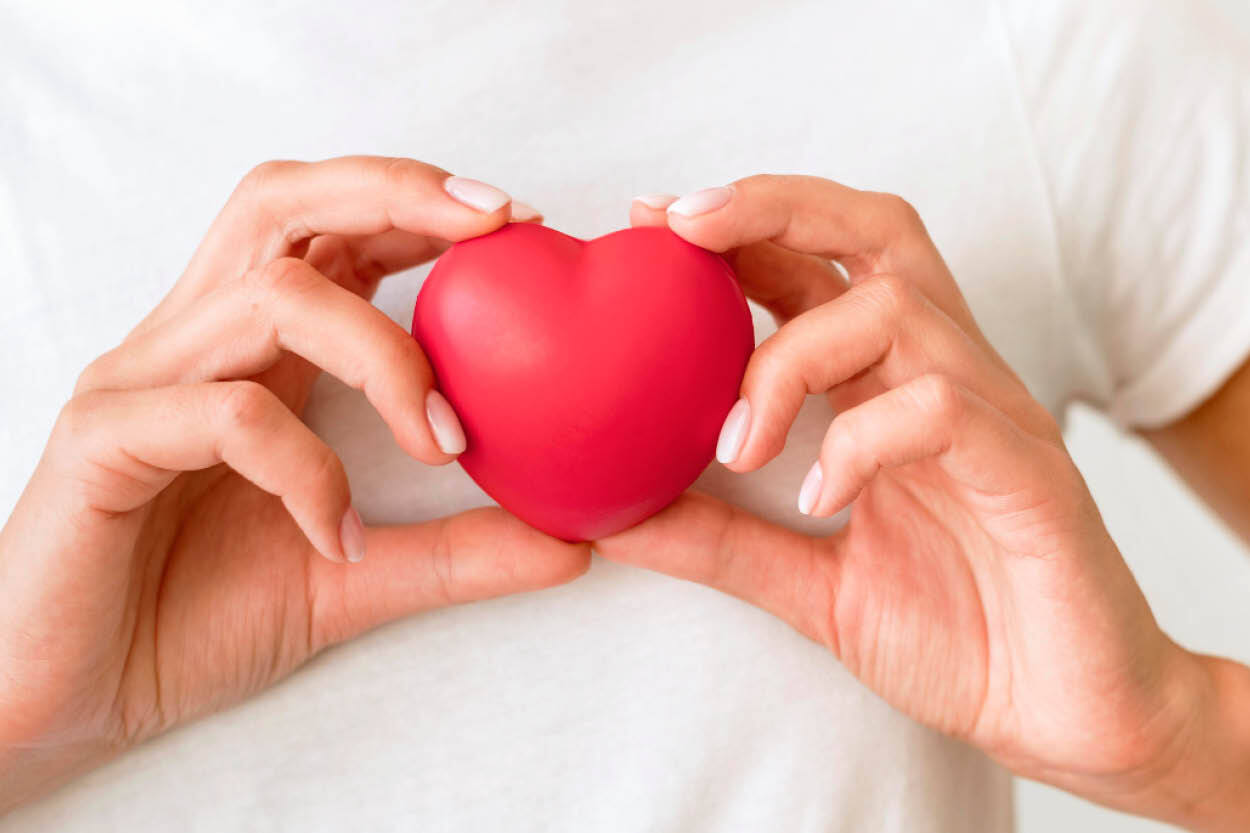Blogs
Managing Oral Side Effects of Cancer Treatment
Have you noticed changes in your mouth during cancer treatment? You’re not alone.
Read MoreAdvocating for Your Health as a Woman
When was the last time you put your own health first?
Read MoreLosing Weight Without Trying?
Have you noticed your clothes feeling looser even though you haven’t changed your diet or exercise habits?
Read MoreMultiple Myeloma: How Today's Treatments Are Changing Lives
If you or someone you love has been diagnosed with multiple myeloma, here’s something encouraging: this blood cancer is now one of the most treatable, and people are living longer, fuller lives than ever before.
Read MoreAre Microplastics Linked to Cancer? What the Research Says
Every day, we encounter plastic in ways we barely notice; from the water we drink to the food we eat and even the air we breathe. Over time, these plastics break down into microscopic particles known as microplastics, which have sparked growing concern among scientists and health experts.
Read MoreThe Role of Diet and Exercise in Prostate Cancer Prevention and Recovery
Sometimes the smallest choices in our daily routine, what we put on our plate, how often we move our bodies, the habits we stick to without thinking, end up shaping our long-term health in ways we never expected.
Read MoreWinter Watch Party Dos and Don’ts
Thinking about having friends and family over for the Super Bowl or the Winter Olympics?
Read MoreBonds That Heal
When someone is diagnosed with cancer, they often realize that the support of those around them is just as important as their medical care.
Read MoreCooking with Love
This Valentine's Day, we're celebrating love in its most nourishing form, through food that heals, comforts, and brings us together.
Read MoreLove Your Heart: Cardiovascular Health for Women
Women have unique heart health challenges that are sometimes overlooked.
Read More

